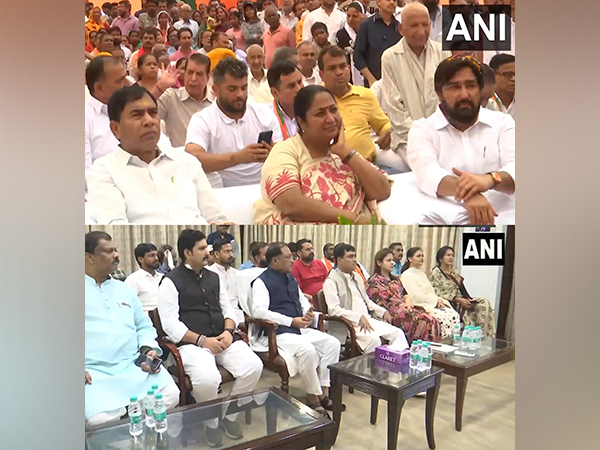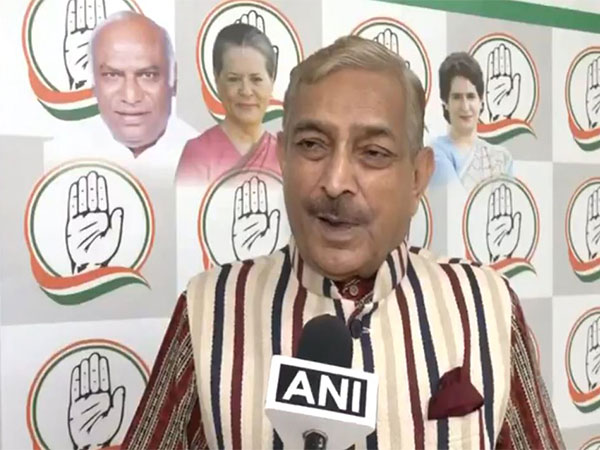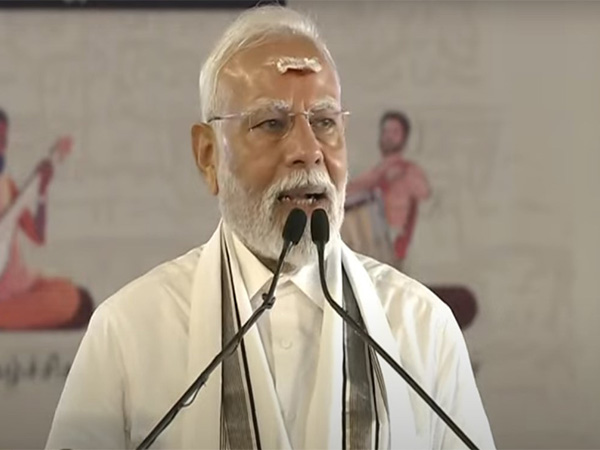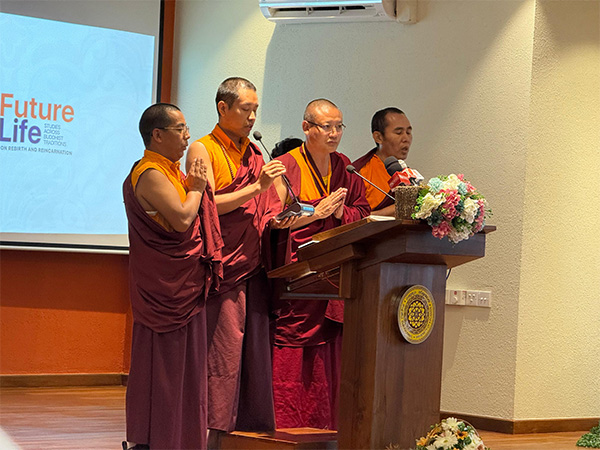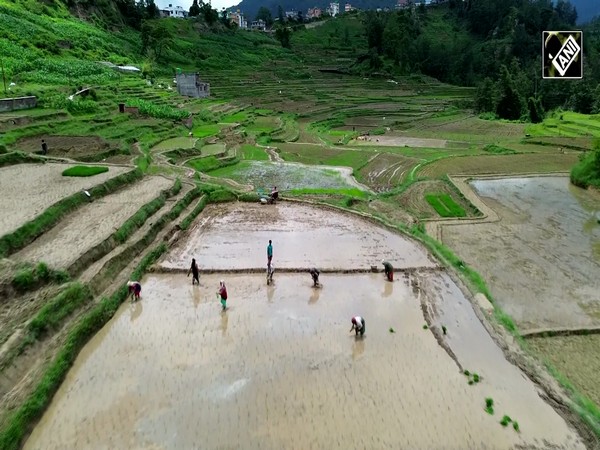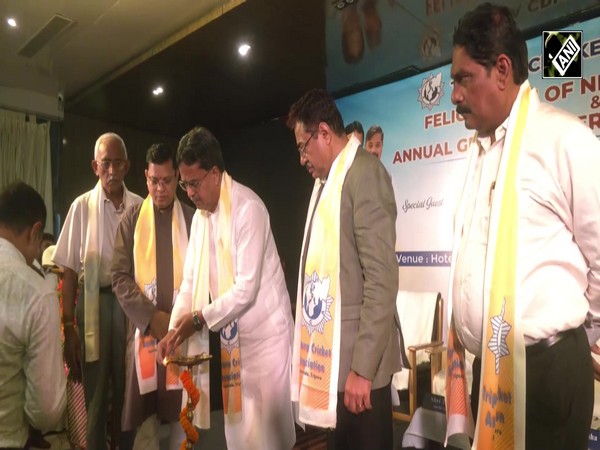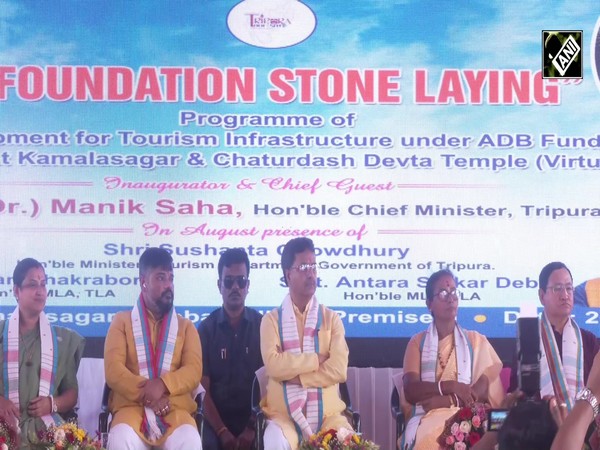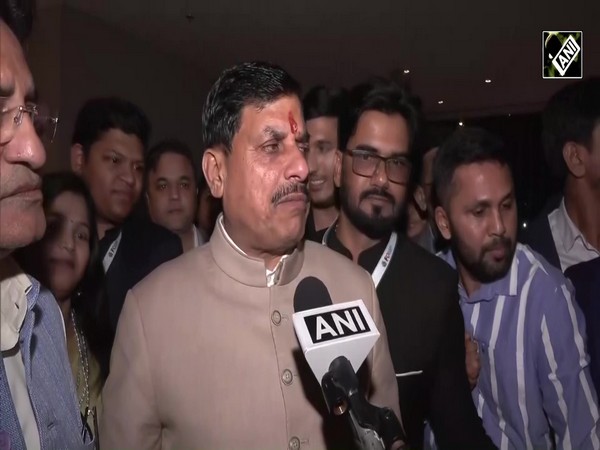Mamata Banerjee writes to Amit Shah, seeks "consensus-building" on proposed criminal laws
Nov 29, 2023

Kolkata (West Bengal) [India], November 29 : West Bengal Chief Minister Mamata Banerjee on Tuesday wrote to Union Home Minister Amit Shah, urging the central government not to rush through 'The Bharatiya Nyaya Sanhita 2023', 'The Bharatiya Nagarik Suraksha Sanhita 2023' and 'The Bharatiya Sakshya Bill 2023' in the upcoming Winter Session of Parliament.
"I do hope that keeping the sensitivity of the subject in mind, you will kindly attempt to arrive at a consensus-building amongst all stakeholders on the proposed Bills, rather than rushing to pass them in their present form, which has potential implications of serious nature in future," Mamata stated in her letter to the Union Home Minister.
The CM suggested that the newly elected members of the Lok Sabha, following the general elections next year, along with the new government, should deliberate upon these "extremely important legislations" and take a considered view.
Mamata added that "detailed views of all sections of stakeholders" like jurists, public activists, human rights workers, and the general public should be taken in order to create a consensually accepted platform.
"...the proposed overhauling of the existing criminal-penal statutes and replacing them with new statutes, is bound to have far-reaching long-term implications on our polity. The suggested changes will also affect the public life of India in multiple ways," Mamata stated further in her letter.
The Trinamool Congress (TMC) has been leading the charge alongside the Congress, Dravida Munnetra Kazhagam (DMK) and members of their other partners in the INDIA bloc in the Parliament's Standing Committee in strongly opposing the proposed legislations.
The Bharatiya Nagarik Suraksha Sanhita 2023, the Bharatiya Nyaya Sanhita 2023, and the Bharatiya Sakshya Bill 2023 were introduced in the Lower House of Parliament on August 11.
These Bills seek to replace the Indian Penal Code (IPC) 1860, Code of Criminal Procedure (CrPC), 1973, and the Indian Evidence Act, 1872 respectively.
While introducing the Bills, Shah said the soul of these three new laws would be to protect all the rights given by the Constitution to the citizens.
